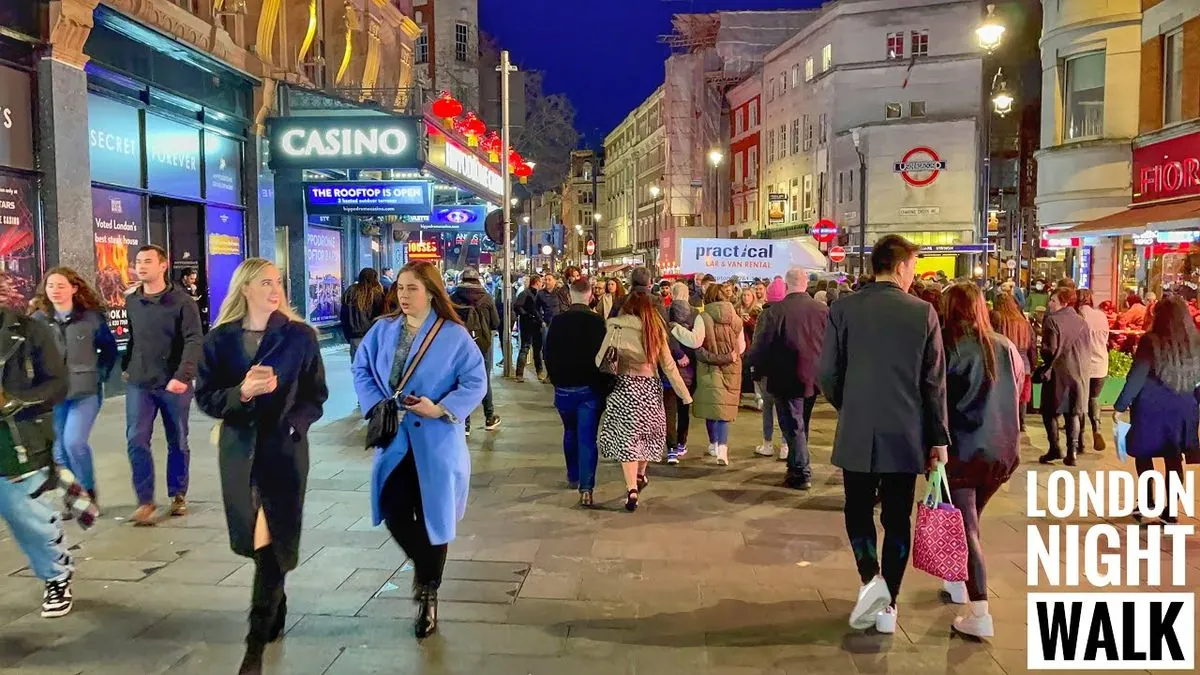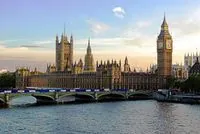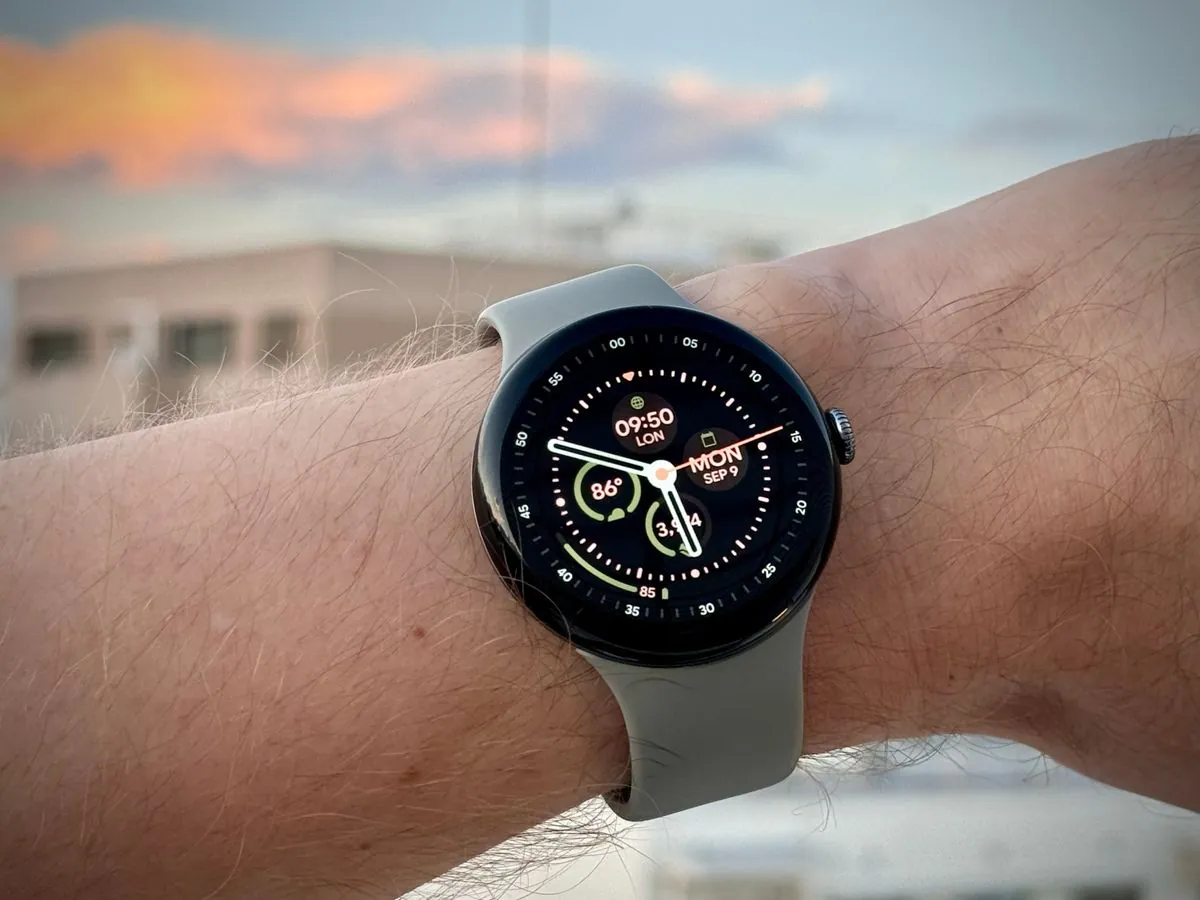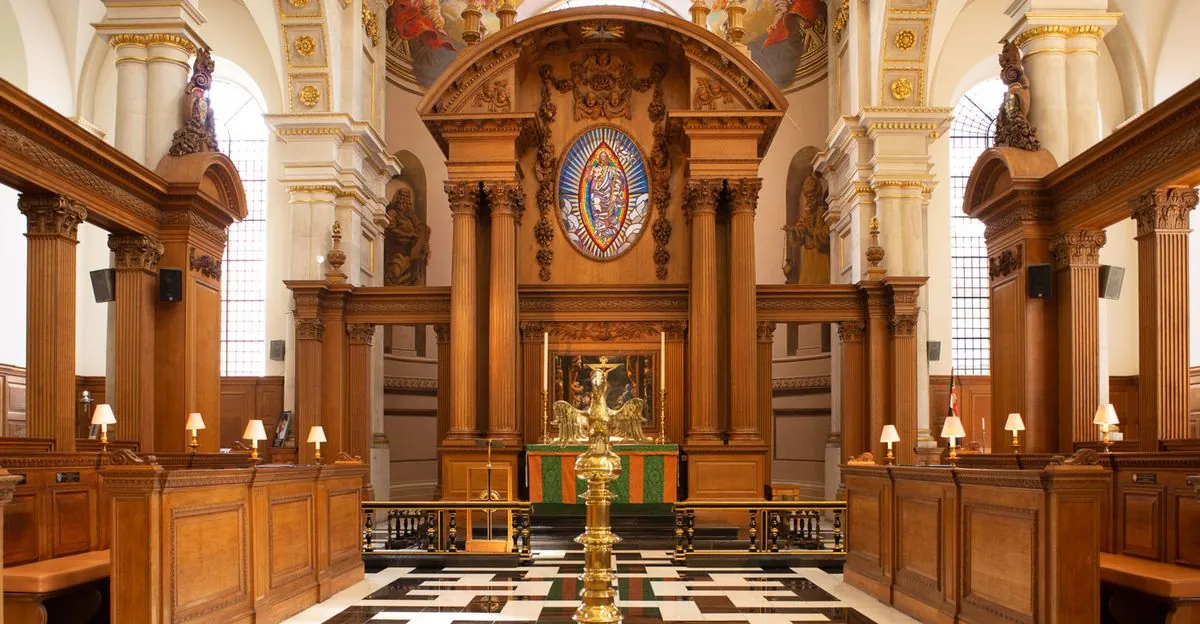London's Night Tsar Steps Down Amid Nightlife Challenges
Amy Lamé, London's first night tsar, resigns after 8 years amid criticism of the capital's nightlife scene. Her departure follows venue closures and debates over her increased salary.

Amy Lamé, London's inaugural night tsar, has announced her resignation after an eight-year tenure, amidst growing concerns over the capital's nightlife sector. Appointed in 2016, Lamé's role was established to bolster London's bars and nightclubs, which have faced significant challenges in recent years.
Since the onset of the COVID-19 pandemic approximately 4.5 years ago, the Night Time Industries Association reports that over 3,000 venues have shuttered across London. This decline has occurred despite the nighttime economy's substantial £26 billion annual contribution to the city's finances and its employment of around 723,000 people.
Lamé's responsibilities extended beyond supporting entertainment venues. She was tasked with enhancing women's safety and advocating for London's 1.3 million night workers. During her tenure, initiatives such as the "Women's Night Safety Charter" were introduced in 2018 to address safety concerns.
The night tsar's role, inspired by Amsterdam's pioneering position created in 2012, has been adopted by other global cities including New York, Paris, and Berlin. However, Lamé's tenure was not without controversy, particularly regarding her compensation. Her initial £32,000 salary for a part-time position escalated to £132,846 by the time of her resignation, drawing criticism from various quarters.
Sadiq Khan, Mayor of London, expressed gratitude for Lamé's service, acknowledging the "huge challenges" she faced, including the pandemic and cost of living crisis. Lamé will continue in her role until October 31, 2024, with no immediate announcement regarding her successor.

Despite the challenges, Lamé's tenure saw several achievements in supporting London's nightlife. She played a crucial role in reopening Fabric nightclub, protecting the 100 Club, and securing the future of Printworks. These efforts align with broader initiatives like the Mayor's Music Venues Taskforce, established in 2015 to safeguard London's live music scene.
London's nighttime economy is diverse, encompassing not only entertainment venues but also hospitals, transport, and essential services. The introduction of the Night Tube in 2016 and the Night Overground in 2017 aimed to support this 24-hour city concept, a term first coined in the 1970s.
As London's nightlife continues to evolve, it faces ongoing challenges including gentrification, licensing restrictions, and rising property costs. The "London at Night" report, published in 2018, provided a comprehensive overview of these issues and opportunities in the city's nighttime economy.
"It has been a huge honour to be London's – and the UK's – first-ever night tsar, but after eight years I believe that it is the right time for me to move on. It has been a real privilege to serve Londoners and deliver for the Mayor, and I'm deeply proud of what has been achieved in the face of so many challenges."
As the city bids farewell to its first night tsar, the future of London's nightlife remains a topic of keen interest and debate among residents, businesses, and policymakers alike.


































